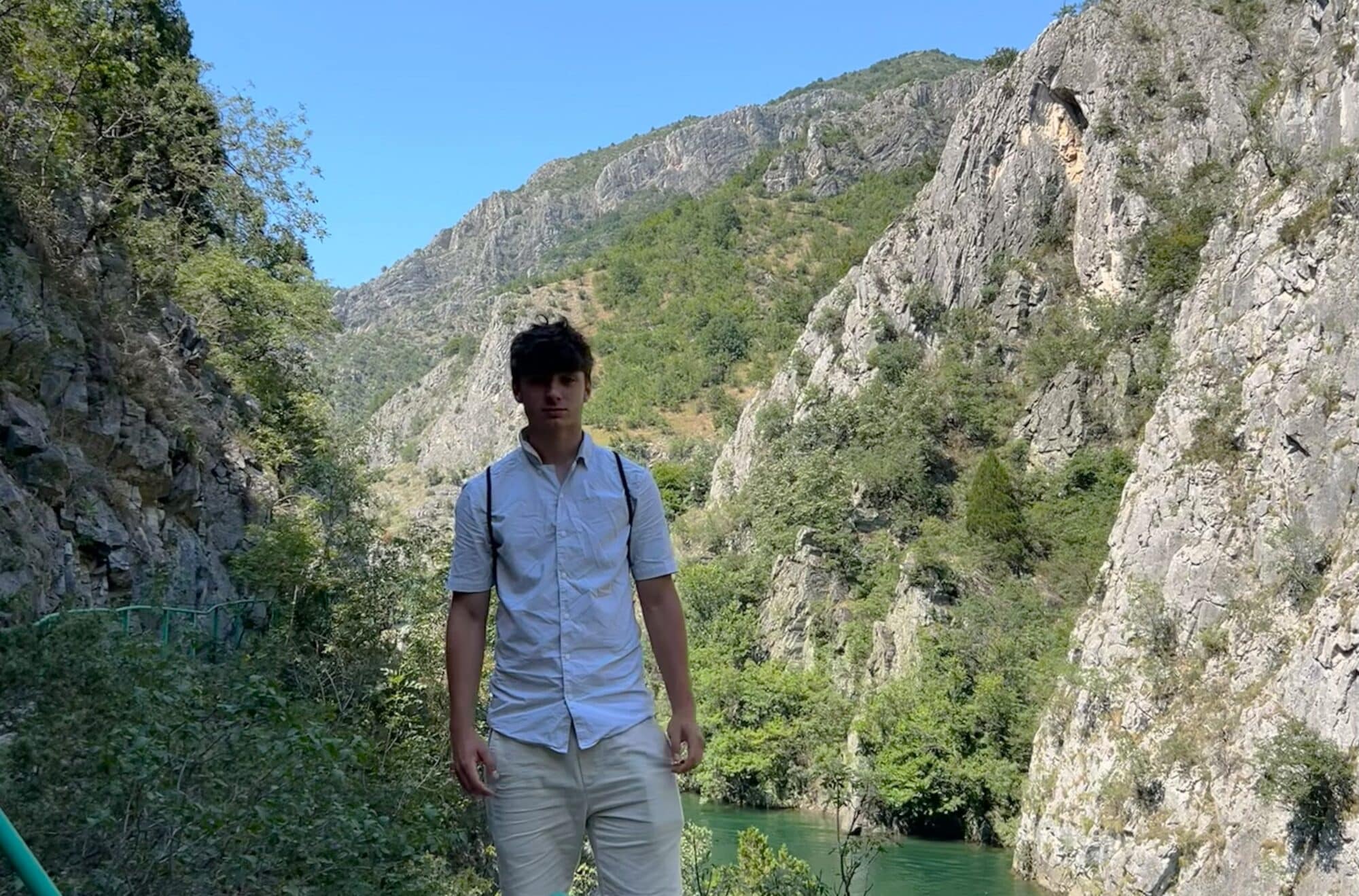Croatia is better known for its glittering coastline and throngs of British students celebrating the end of exams than for its cultural legacy. And yet, beneath the tourist gloss lies a history that cannot be ignored. The Balkan war and tragedies like the massacre of Srebrenica are stark reminders of how the complexity of this region is so often underestimated. I had already brushed against these realities on a past trip to Bosnia, but true understanding only begins to emerge when you set foot in every country and listen to every story. Those stories come in unexpected places: in a modest museum, from a hostel owner who once fled the war and tried unsuccessfully to play professional basketball in Italy, or from an old man, glass of Rakija in hand, whose past you can only imagine.
And of course, the conversation always drifts to politics. Reading about politics and culture is one thing; watching them unfold before your eyes is another. On the 1st of November 2024 in Novi Sad, the concrete canopy of the main train station collapsed, killing 16 people. Just weeks before, I had stood in that exact spot waiting for a bus. When you see infrastructure crumble before your eyes, it becomes clear why people flood the streets in anger, demanding change. Even in moments of complaint, though, the people reveal a warmth that humbles you. I remember a shirtless man with no teeth, a chess Grandmaster in Belgrade, grumbling about the state of everything, including my lack of Serbian, while generously offering me a game.
People invited me into their homes, walked me through neighborhoods outsiders might avoid, or simply shared their time. Their kindness exposed a truth: in our busy worlds, we too often forget to look out for one another



